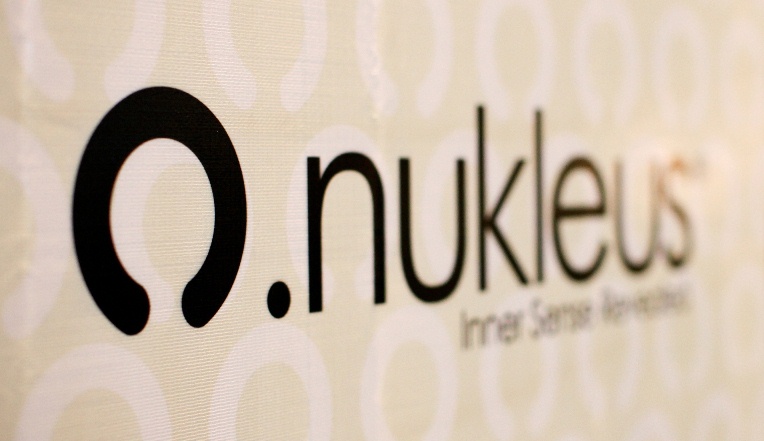In our previous two
posts, we wrote that Tencel is made from cellulose. The traditional way of
converting cellulose into fibre can be chemically intensive; and some of the
chemicals involved in the process are harmful to the environment. Fortunately,
Austria’s Lenzing Group knows how to convert it in an eco-friendly manner.
The Group uses a revolutionary
method known as the Lyocell process to produce Tencel. A close-loop process, it
redirects waste products back into production—99.5% of the solvent is
recycled—creating almost no waste. The solvent the Group uses is called NMMO (N-methylmorpholine-N-oxide).
It’s non-toxic and its safeness has been proven in dermatological and
toxicological tests.
All in all, the
Lyocell method lowers the chemical intensity of the production process—it reduces
the number of steps and the amount of chemicals used (i.e. fewer
chemicals and less harmful chemicals are used). This is good for us and our
planet.
In recognition of the
ecological soundness of the Lyocell process, the European Union awarded Lenzing
the highly prestigious European Award for the Environment.
You’ve read so many
good things about Tencel. Why not try one today?
You can watch a short
video about Tencel at http://tinyurl.com/cq7u8cu.


